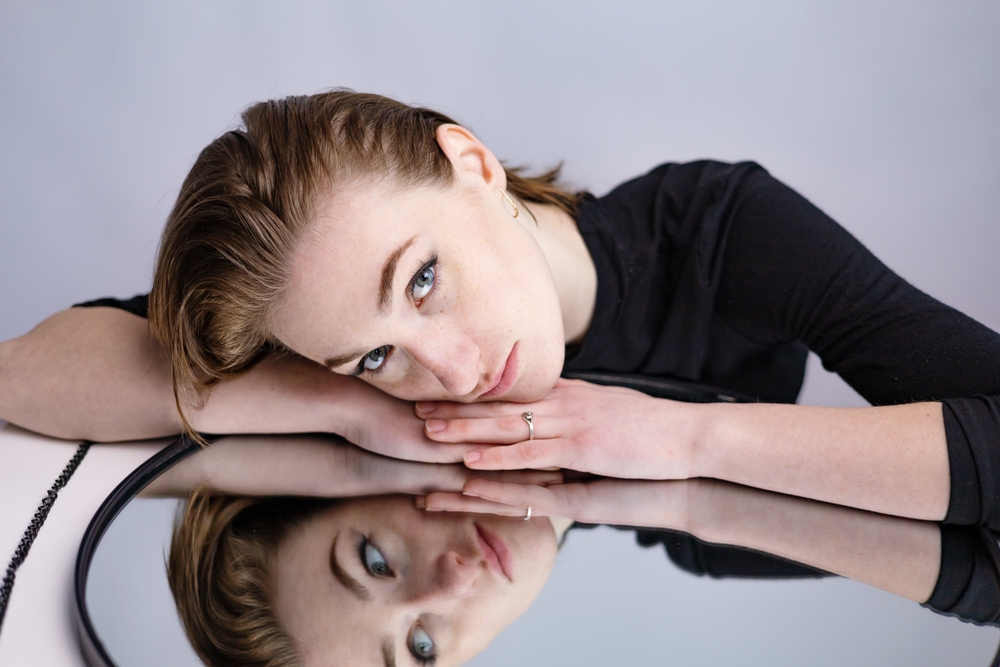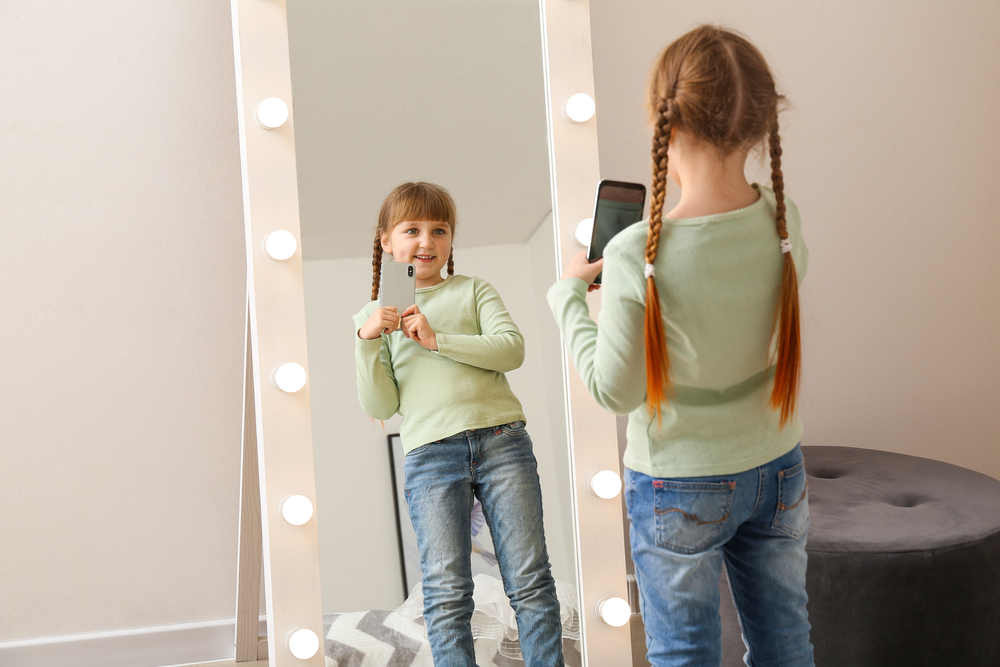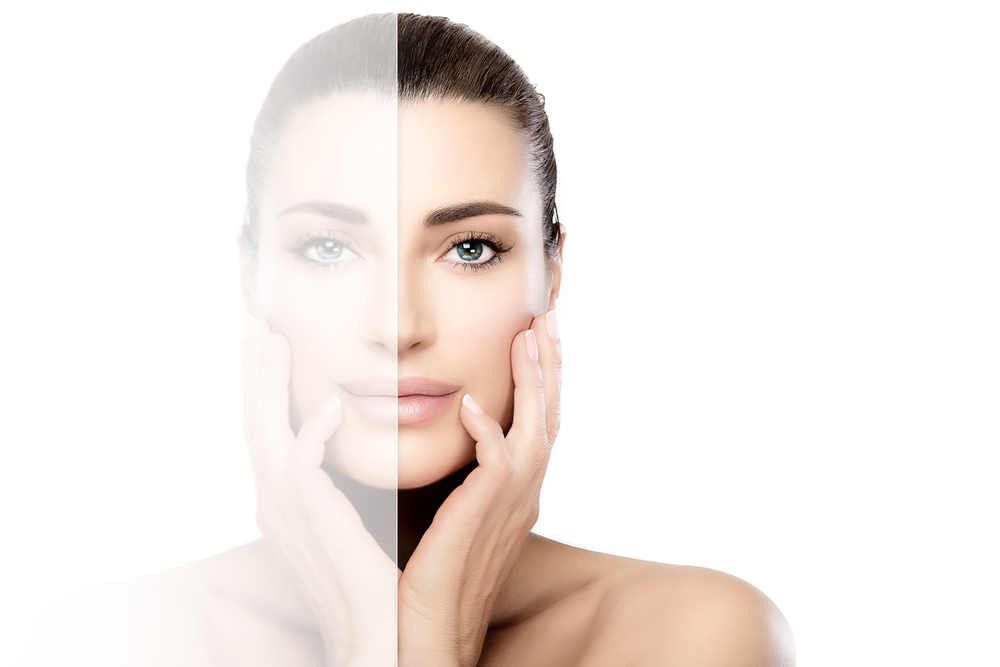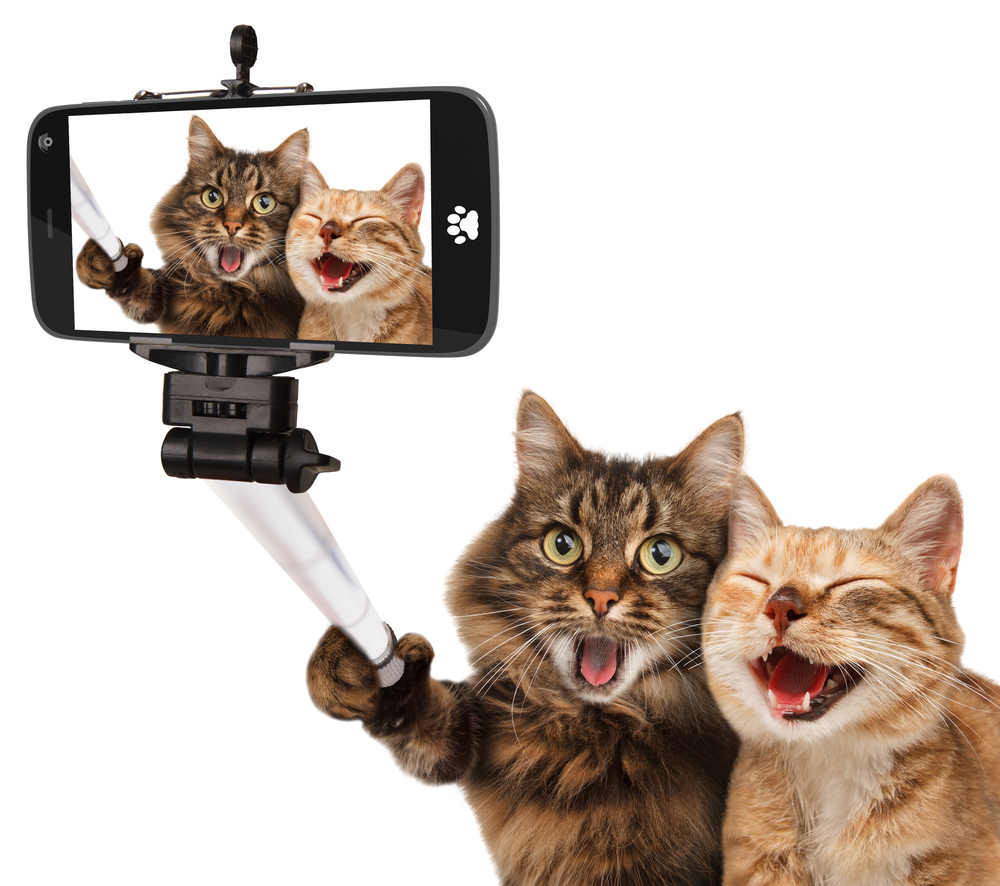Have you ever looked in the mirror, feeling confident and ready to take on the world, only to be horrified by the photo a friend just snapped? You’re not alone. The disconnect between how we see ourselves in the mirror and how we appear in photographs is a common frustration. This article delves into the science behind why we might look worse in photos and offers tips to bridge the gap between mirror image and photographic reality.
 girl reflection in the mirror table
girl reflection in the mirror table
Image source: shutterstock
The Mirror’s Deception: Why We Prefer Our Reflection
The mirror provides a reversed image, one we’ve become accustomed to over a lifetime. Our brains process this reflection as the “correct” version of ourselves. This familiarity, coupled with the ability to adjust our pose and expression in real-time, contributes to a more positive self-perception. However, a photograph captures a single, static moment, often from an unflattering angle and without the benefit of our subconscious self-corrections. This static image can feel foreign and less appealing. This phenomenon is linked to the mere-exposure effect, a psychological principle suggesting we tend to favor things we see more often.
The Mere-Exposure Effect and Facial Familiarity
The mere-exposure effect plays a significant role in how we perceive attractiveness. Because we see our mirrored reflection far more often than photographs, we develop a preference for that reversed image. A photograph, presenting an unreversed and often unfamiliar perspective, can clash with this ingrained preference, leading to dissatisfaction with our appearance.
 girl selfie before mirror
girl selfie before mirror
Image source: shutterstock
Mirror vs. Photo: Which is the “Real” You?
Neither a mirror nor a photograph perfectly captures reality. Mirrors reverse our image, while photos can distort features depending on factors like lens type, focal length, and proximity to the camera. Both mediums offer a representation, not a perfect replication, of our appearance. Photographs, however, often capture details we might overlook in the mirror, such as fleeting expressions or subtle asymmetries. These nuances, while natural, can contribute to the feeling of looking “bad” in pictures.
The Frozen Face Effect: Why Photos Can Feel Unflattering
The frozen face effect refers to the phenomenon where a single captured moment in a photograph can make our expressions appear stiff and unnatural. In real life, our faces are constantly in motion, conveying a range of emotions. A photograph freezes one micro-expression, which might not be representative of our usual dynamism and can make us appear less appealing than we perceive ourselves to be.
 symmetrical face
symmetrical face
Image source: shutterstock
Tips to Look Better in Photos: Mastering the Art of the Selfie
While we can’t change the science of optics, we can employ strategies to improve our photographic presence:
- Lighting is Key: Seek out soft, natural light that minimizes harsh shadows and highlights your best features. Avoid direct overhead lighting, which can accentuate imperfections.
- Angles Matter: Experiment with different head tilts and body positions to find your most flattering angles. Slightly turning your head and angling your body can create a more dimensional and visually appealing look.
- Strategic Posing: Relax your shoulders, elongate your neck, and adopt a natural, confident posture. Practice different poses in the mirror to identify what works best for you.
- Makeup Magic: Makeup can enhance features and create a more polished look. Focus on even skin tone, defined eyes, and a natural lip color.
- Dress for Success: Choose clothing that complements your body shape and skin tone. Solid colors and well-fitting garments tend to photograph well.
 funny cats selfie
funny cats selfie
Image source: shutterstock
Embracing Your Authentic Self: Beyond the Photo
Ultimately, beauty is subjective. While these tips can help you feel more confident in photographs, remember that true beauty lies in embracing your unique features and radiating confidence from within. Focus on self-acceptance and celebrating your individuality, rather than striving for an unattainable ideal.